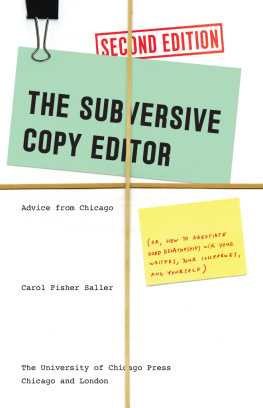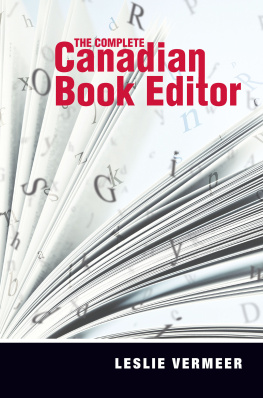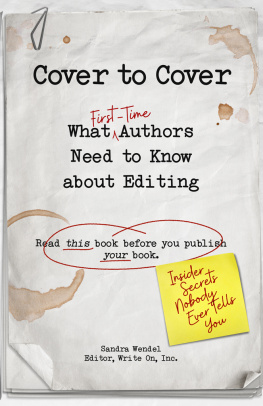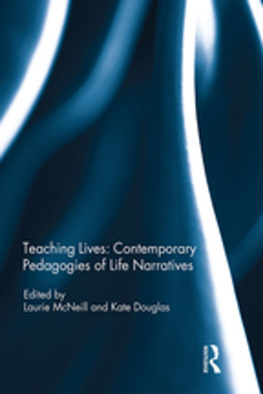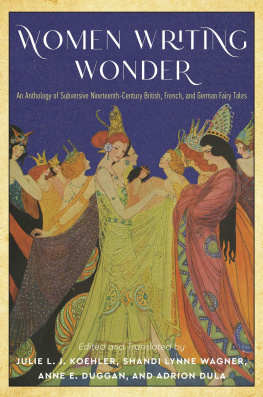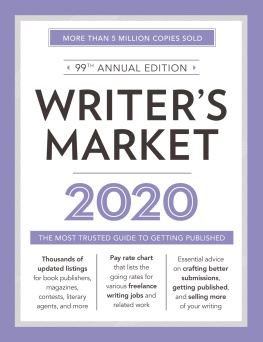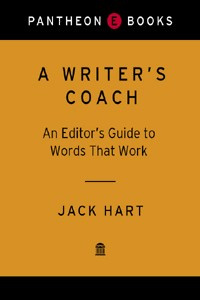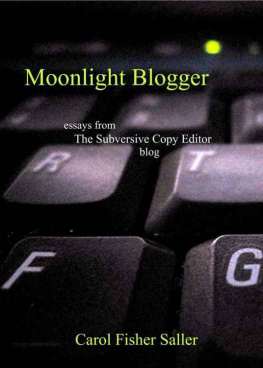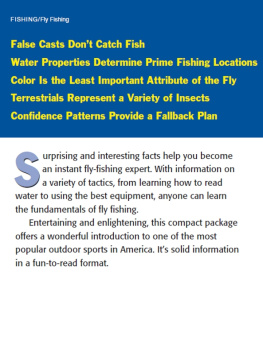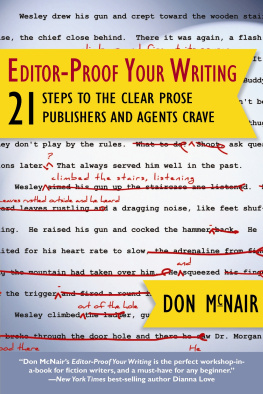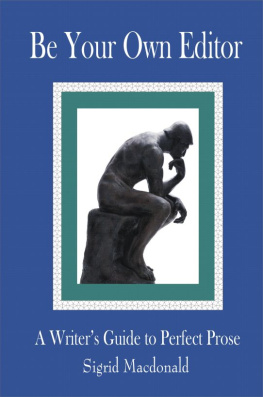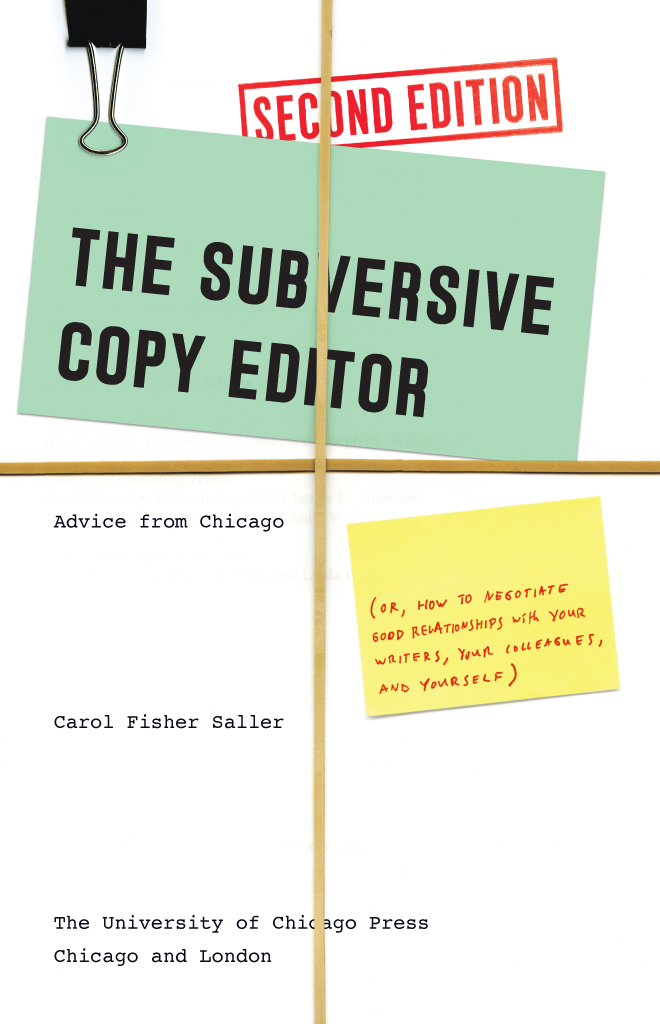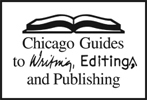Philippa J. Benson and Susan C. Silver
Susan M. Bielstein
Wayne C. Booth, Gregory G. Colomb, and Joseph M. Williams
Bryan A. Garner
Nancy C. Mulvaney
Kate L. Turabian
Kate L. Turabian
THE SUBVERSIVE COPY EDITOR
ADVICE FROM CHICAGO
(or, How to Negotiate Good Relationships with Your Writers, Your Colleagues, and Yourself)
SECOND EDITION
Carol Fisher Saller
The University of Chicago Press
Chicago and London
Carol Saller is editor of the Chicago Manual of Style Onlines Q&A and writes the Editors Corner for the Chicago Manual of Styles Shop Talk blog. She occasionally writes about language and writing in academe for Lingua Franca at the Chronicle of Higher Education and is the author of several books for children, most recently the young adult novel Eddies War.
The University of Chicago Press, Chicago 60637
The University of Chicago Press, Ltd., London
2009, 2016 by Carol Fisher Saller
All rights reserved. Published 2016.
Printed in the United States of America
25 24 23 22 21 20 19 18 17 16 1 2 3 4 5
ISBN-13: 978-0-226-23990-3 (cloth)
ISBN-13: 978-0-226-24007-7 (paper)
ISBN-13: 978-0-226-24010-7 (e-book)
DOI: 10.7208/chicago/9780226240107.001.0001
Library of Congress Cataloging-in-Publication Data
Names: Saller, Carol, author.
Title: The subversive copy editor: advice from Chicago (or, how to negotiate good relationships with your writers, your colleagues, and yourself) / Carol Fisher Saller.
Other titles: Chicago guides to writing, editing, and publishing.
Description: Second edition. | Chicago; London: University of Chicago Press, 2016. | 2016 | Series: Chicago guides to writing, editing, and publishing | Includes bibliographical references and index.
Identifiers: LCCN 2015039591 | ISBN 9780226239903 (cloth: alkaline paper) | ISBN 9780226240077 (paperback: alkaline paper) | ISBN 9780226240107 (e-book)
Subjects: LCSH: Copy editing.
Classification: LCC PN4784.C75 S25 2016 | DDC 070.4/15dc23 LC record available at http://lccn.loc.gov/2015039591
This paper meets the requirements of ANSI/NISO Z39.48-1992 (Permanence of Paper).
No passion in the world is equal to the passion to alter someone elses draft.
H. G. WELLS
Contents
While writing this book for the first time, I had no intention of hastening the books obsolescence. I took care not to write in detailed ways about technology or publishing practices that would soon become dated. Seven years on, however, much in the first edition is out of step with current practices, and I hope this revision will remedy that.
Almost immediately after the book appeared in 2009, I started thinking of important things that Id forgotten to say. So I created The Subversive Copy Editor blog, and for more than two years I posted tips and rants that I hoped would be of interest to writers and copy editors. For part of another year, I wrote for the Chronicle of Higher Education at the Lingua Franca blog with writing and publishing advice for students and scholars. Much of the material new to this edition is taken from or expands upon those writings.
Two subjects I barely touched upon in the first edition inspired two new chapters this time around: (Dear Writers) includes expanded advice on formatting a manuscript for submission to a publisher, self-editing, and how not to be difficult.
I hear you.
As the editor of The Chicago Manual of Style Onlines monthly Chicago Style Q&A, Ive been handling readers questions about writing style since the University of Chicago Press launched the Q&A in 1997. That amounts to tens of thousands of queries from students, professors, copy editors, businesspeople, and others who struggle as they write and edit. As of this writing, The Chicago Manual of Style Online receives more than a million page views per month. Fortunately for us, most visitors do not submit questions to the Q&A.
The Chicago Manual of Style, for the uninitiated, is one of the English-speaking worlds most revered style manuals. Although Chicago style may not have the most users, it surely has the most devoted. From its beginnings in the 1890s as a simple in-house sheet of proofreading tips for manuscript editors at the University of Chicago Press to its current online, print, and mobile optimized editions, it has grown into a bible for writers and editors in almost every kind of writing outside journalism (where Associated Press style and New York Times style dominate).
Written by the Manuscript Editing Department at the University of Chicago Press, The Chicago Manual of Style (CMOS) has advice on everything from punctuation and capitalization to mathematics and diacritics. Its chapters on the styling of note and bibliography citations have been adopted by universities around the world. Users of CMOS include the most impossibly learned writers and editors as well as the most clueless, and for nearly twenty years the monthly Q&A has played host to them all.
Reading the questions that come through the site is a daily adventure away from editing tasks. We answer as many as we can, and I choose the best ones for the monthly posting. The range of topics can be startling. Heres a note we received from the Jet Propulsion Laboratory at NASA:
Q / Dear Chicago Manual of Style Q&A Person: What is the rule for sequencing adjectives in a series? For example, we know that numbers come before size indicators (e.g., six small apples). We also know that colors come after size indicators (e.g., six small yellow apples). The specific problem is whether to say narrow anticyclonically dominated northwestern coast or anticyclonically dominated narrow northwestern coast. (Please dont say the correct answer is anticyclonically dominated northwestern narrow coast!)
And their kicker ending: What is the rule that supports your answer?
In contrast, another rather dreamy-sounding note read simply, Dear CMOS, What is Chicago style? Could you give an example? And one of my favorites: Would rats die if they drink soda?
Questions come from all over the world, some from readers who struggle with English. Their grammar questions go deep and are sometimes beyond our ability to respond. (Please tell differences of at and to.)
One day this came in:
Q / Hello. I wonder how I can cite the Korean Constitutional Court case. The

